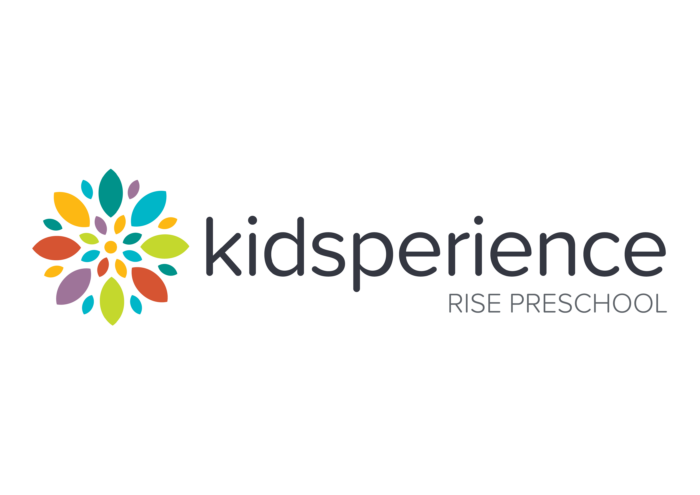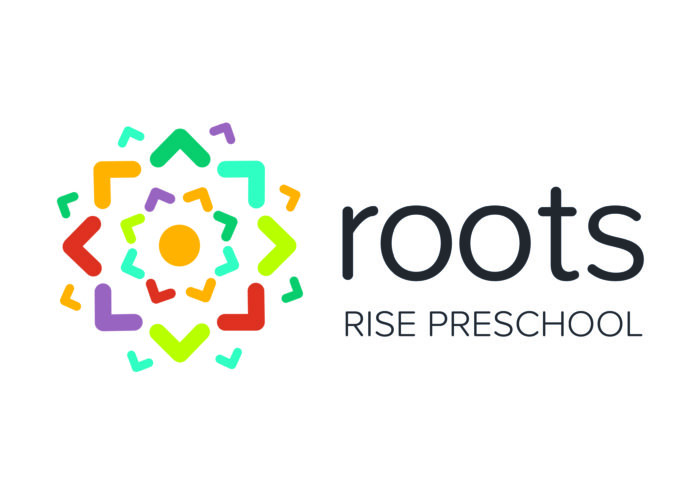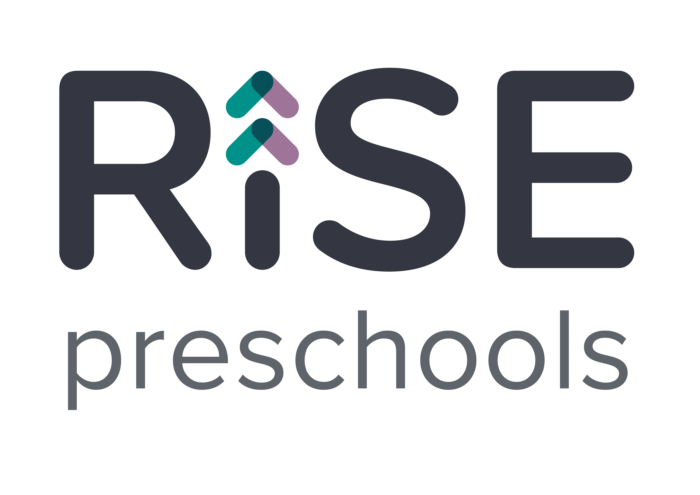How Important is Personal, Social and Emotional Development in the Early Years?


By Mrs. Helen Kyriakou Tchatchouang
PSED is all about children.
Personal Social and Emotional Development (PSED) supports children in developing a positive sense of themselves, respect for others, social skills, emotional well-being and a positive disposition to learning.
- Personal development is about how children come to understand who they are and what they can do.
- Social development covers how children come to understand themselves in relation to others, how they make friends, understand the rules of society and behave towards others.
- Emotional development concerns how children understand their own and others’ feelings and develop their ability to be empathetic – to see things from another person’s point of view.
For children, being special to someone and well cared for is vital. It is important for us to create a culture in which children are taught how to talk about and exchange ideas or share experiences, in a learning environment where there are opportunities to make connections with others and build relationships.
Relationships lie at the heart of all human experience and interaction, and it is vitally important that young children are helped to learn the social skills needed to interact successfully with other people and to form good relationships. Children who have the skills to interact well with other people and form positive relationships can tap into a huge resource to support their learning.
Our priority is for our children to feel safe, loved and accepted and to receive positive attention by showing them that we are proud of what they can do or have tried to do. Children who feel good about themselves develop confidence to try new things and to cope with not being able to do something or get things right. They are more likely to persevere and try again. Children with low self-esteem feel unsure of themselves and may give up too quickly or not try something new at all. They may find it difficult to cope if they make mistakes.
During their early years, young children build their understanding of themselves as individuals, which increases their confidence to engage with the people, objects and experiences in the world around them.
As children grow in self-confidence and self-awareness, they extend their horizons and begin to see that what they do can make a difference. This ability to proactively engage with the world underpins all other aspects of a young child’s learning.
Children who are encouraged to express their feelings can develop strategies to cope with new, challenging or stressful situations. Displays of emotions, such as tantrums, screaming and tears are common in the early years and are expected at their age.
Here are some tips, on how to help children cope with their impulses:
- Name the emotion your child is displaying, for example “I can see that you are …”
- Stay calm, patient and be reassuring.
- Be responsive – model wanted behaviours.
- Explain boundaries and rules in a manner which your child will understand and be consistent.
- Have realistic expectations of what your child is capable of, relating to their stage of development.
- Catch your child being good and praise the behaviour.
Children should always be supported to manage emotions, develop a positive sense of self, set themselves simple goals and have confidence in their own abilities. Through adult modelling, guidance, and supported interaction, they will learn how to make good friendships, co-operate and resolve conflicts peacefully, helping them prepare for their next steps in life.

